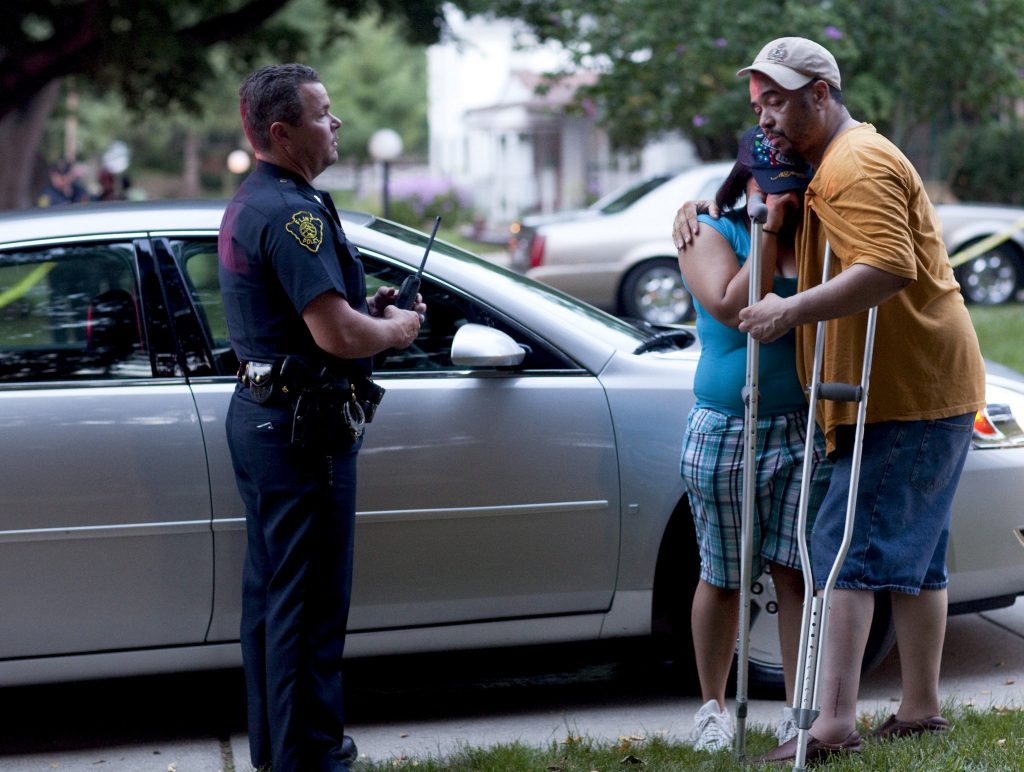We would like to think that the police are the people that we can go to if we are in need. However, in some cases people feel that they have been treated unfairly. Are you wondering what to do if you were unfairly treated by the police? Here are some options:
Possible remedies for police misconduct
Acts of police misconduct can cause harm to individuals and society. They can also undermine public trust in the police institution. A range of possible remedies are available, including criminal charges, civil lawsuits, policy reforms, and compensation to victims. In addition to civil remedies, there are also criminal remedies for police misconduct, such as increased training and supervision for officers, and reforms to police training and supervision. A thorough understanding of these legal options is necessary to understand the proper course of action in police misconduct cases.
Injunctive relief is an option for victims of police misconduct. An injunction, or court order, requires the offending officer or department to cease and desist from doing a certain action. Injunctive relief is particularly valuable in cases where the wrongful search or arrest continues. However, police misconduct claims are subject to strict statutes of limitations. Generally, the plaintiff must file a claim within 90 days of the incident in question. Failure to do so can lead to dismissal of the case.
Increasing odds of reporting unfair treatment by police
In 1982, the federal government commissioned the “Police Services Study.” In this study, 12,022 citizens from three major metropolitan areas were randomly chosen. Of these, 13.6 percent reported experiencing some form of police abuse in the past year. The complaints ranged from verbal abuse and discourtesy to physical force. Only 30 percent of people filed formal complaints, suggesting that most instances of police abuse are not reported. However, it is important to note that the study results do not show that police abuse is necessarily a result of racial discrimination.
The study also found a wide gap between white and black respondents regarding the likelihood of reporting police misconduct. This gap was even larger when considering the fact that minority groups were more likely to report police misconduct than whites. While the study found racial disparities in the likelihood of reporting unfair treatment, it is unclear whether this gap is due to the way minority families socialize their children. The study did not identify the racial composition of police officers or other factors, which may explain the differences in reporting rates.
Effects of unfair treatment by police on suicide ideation and drug use
The effects of unfair treatment by police are well known, but the research team has not been able to prove that such treatment directly contributes to increased risk for these two outcomes. Researchers surveyed over 12,000 participants in the Add Health study to find out whether police treatment affects their risk for suicide and drug use. The results suggest that these adverse consequences are more prevalent among people of color than whites. Regardless of the cause, preventing police misconduct can reduce the risk of suicide, drug abuse, and other potentially harmful outcomes.
The study suggests that policing may contribute to increased risk for suicidal ideation among people with mental health conditions. Police officers in underdeveloped countries are less likely to be satisfied with their jobs, and their mental health is often neglected as a result. Suicide ideation and depression are correlated with increased chances of being in a car crash, so police officers who are unsatisfied with their jobs may be more likely to attempt suicide.
Effects of unfair treatment by police on aging
One way to measure a person’s positive perceptions of the police is by examining their interactions with them. People who have had negative experiences with police are more likely to be critical of police in the future. People who have had negative interactions with police are more likely to feel that they should be more vigilant. This can increase feelings of chronic vigilance. Knowing that they have been treated unfairly by the police can also make someone fearful of encounters with police.
Researchers conducted a study of police mistreatment to measure the aging effects of officers. Participants were asked if they or someone close to them had ever experienced unfair police treatment. They probed respondents to determine whether they themselves had been treated unfairly. People who answered “yes” to this question bypassed the vicarious version. However, respondents who answered “yes” to both types of UTBP were not included in the study.

